Once you realize it’s scale, there is no global trend as dramatic today as the revolution in Africa’s demography.
Asia’s return to the center of the world economy dominates the headlines. But in the grand sweep of history that is a rebalancing or restoration not a revolution. Until the 18th century, the Pacific and Indian Oceans were the heart of sophisticated economic activity. That balance was grossly distorted in the “centuries of humiliation” by the rise of the West. Now, thanks to Asian economic growth, the centers of economic activity and population are realigning.
Source: Visual capitalist
The same cannot be said for Africa. Despite optimism in recent years, the relative lack of economic growth in Africa is well-known. Less well-appreciated is the extraordinary historical novelty of it demographic development.
In 1914 according to the best estimates, Africa’s entire population was 124 million and that includes North Africa. Today it is 1.34 billion. Compared to Africa’s roughly elevenfold increase in population, Asia’s population increased by “only” between 3 and 4 times - China’s merely tripled and India’s increased by 4.5 times. Furthermore, whereas Asia’s population is beginning to stabilize - led by that of India and China - Africa’s population will, barring disasters, reach 2.4 billion by 2050 and will go on growing.
Longer term projections are hazardous, but a world with somewhere between 9 and 11 billion total population and close to 4 billion people living in Africa is what current trends would lead one to expect. That means that by 2100 the African share of global population will likely be between 35 and 40 percent. And in 2100 the population of several African countries - Chad, Mali, Niger, Nigeria, and South Sudan - is likely still to be growing.
That is something new under the sun. It means that in sheer quantitative terms Africa’s story increasingly drives world history.
As Edward Paice spells out in his excellent book Youth Quake which I reviewed yesterday in Foreign Policy, our long-range predictions for global population basically depend on the outlook for Africa. Variation in estimates for Africa drive variations in the global total. Spelled out in demographic statistics this is a point of universal significance.
Making those estimates is an uncertain and volatile business because so many large countries in Africa are bucking the pattern of rapid demographic transitions we have recently seen in Latin America and Asia.
One of the things I really appreciate about Paice’s book is the way that it renders the succession of demographic estimates and the discourse about African population as history. We see how estimates are made, how they have been criticized and why they have been modified over time. That debate continues every day in the pages of journals like The Lancet with teams of modelers arguing over assumptions and functional linkages between population, investment, education and fertility.
Through the lens of African demographic modeling Paice explores what to me is one of the most basic dilemmas of orientating ourselves in our turbulent contemporary world. We can’t live with our big quantitative indicators and statistical estimate. Numbers like GDP, global population 2100 etc. are endlessly frustrating in their crudity, their rough approximations, their entanglements with power. And so often they are just plain wrong and misleading. On the other hand we can’t live without those numbers either. Quantitative nihilism or all-encompassing skepticism, whether motivated by mere laziness or radical critique, is not a practical option either. We are much better off having some estimate of where the economy stands or where population will end up, or what the rate of exploitation is, than not. So we need to work hard at getting the numbers as right as we can, even if we doomed to get them wrong.
If it helps with motivation, think of it as a low-key statistical version of a tragic predicament. We have to keep rolling the ball up the hill. We have to keep training our judgement. We can learn to use the numbers intelligently, appreciating both what they cannot be made to say, and where confidence and certainty is growing.
In light of experience, some estimates for Africa’s future population have been adjusted downwards. But in the largest and most significant cases, as Paice shows, the tendency is in the opposite direction. In particular, confidence has grown around the estimate of a population for Africa of 2.4-2.5 billion by 2050. Why? Because of one quiet, but dramatic fact. A large number of the mothers whose children will drive growth to 2050 have already been born. And so, barring utterly unprecedented discontinuities in fertility behavior of which there is no sign in Africa, we can estimate the number of their children and their children’s children and so on.
What Paice’s treatment reveals is something I did not appreciate about contemporary history. In demographic terms, the last ten to twenty years in Africa were, in fact, decisive for global population history. We have been waiting for the demographic transition to arrive, as it has in Asia and Latin America. It has in many societies in North Africa and in South Africa and in some cases in East Africa, but not in many of the largest and most rapidly growing societies across central and West Africa. The sheer size of Ethiopia and Egypt and the momentum of Nigeria, DRC, Tanzania and a handful of others carries us to 2.4-5 billion by 2050 and to even higher numbers by later in the century.
One of the questions that Paice poses is: What is going on with our understanding of the demographic transition?
The model of the demographic transition is a low-profile, but essential building block in our “kitchen sink” models of modernization.
Death rates fall as societies modernize and develop economically. So population growth accelerates. Then, at some point, fertility declines, so population growth slows down. Eventually, it may even go negative as fertility falls below the replacement rate of 2.1 children per woman.
It is a heuristic that has served us well as a device for organizing demographic history. It is a mechanism that has seemed to be speeding up, in Latin America, Southern Europe, North Africa and Asia. The discovery of the last few decades is that in many African societies it is operating far, far more slowly and that is what dictates the future.
This isn’t uniform. Paice is excellent in refusing to treat “Africa” as a block and constantly differentiating between regions and countries, between town and countryside and, even, between different cities. Addis in Ethiopia, for instance, where family sizes are shrinking rapidly has a demographic trajectory different from the rest of a huge country. The strength of the latest generation of population predictions lies in the fact that they are not based on generalizations about the entire continent, but on case by case estimates for each country and region.
Why then is the demographic transition not taking place? In part it is due to the failure to achieve the necessary preconditions for transition above all female education and empowerment. But as Paice tells it, it goes beyond that. African women and African men, in very unequal ways, appear to be making choices to have large families in a way that is unusual by international comparative standards.
This is highly contentious terrain. Theories of power are engaged. Sexist, racist and colonial stereotypes lurk everywhere. I was actually asked to correct a line in the original FP piece by one of the magazine’s regular Africa contributors. We did make a change, but only to state more clearly what Paice has to say on pages 177 and 178. Choice matters. All the evidence suggests that men and women in Nigeria are making different choices about fertility than men and women in Thailand, for instance.
I take the point being made by Paice to be analytical. We thought we had a solid understanding of accelerating demographic transition. This was based on data from Europe, Latin America and Asia fitted into a schematic model. That model is itself so influential that it shapes policy by guiding development policy. In Africa what we are seeing is that that model is not working as expected so we have to dig deeper into the data to understand better what is going on. This leads us to the recalcitrant but undeniable conclusion that choices matter, choices being made by large groups of people. The point is one about choices and agency and the contingency and analytical puzzlement they create. Of course, that agency in fertility choices is exercised is circumstances constrained by hierarchies of power, poverty etc. But the element of agency remains.
The next question is how we can track and gain a better understanding of the choices being made. One of the things I learned from Paice is how much data we actually have about men and women’s fertility and contraceptive choices around the world. The Demographic and Health Survey - the Nigerian 2018 report is available here - is an absolutely remarkable resource, which collects data on astonishing range of intimate details across large population samples that can be broken down by gender, region, income level, occupation, education level etc. It tracks not just social facts but also attitudes and preferences.
It tells us, for instance, that in a sampled population of 12955 Nigerian women of fertile age with no formal education, 94.8 percent were using no contraceptive methods, either traditional or modern and that in a sample of 2788 Nigerian women with more than secondary education the share using contraception rises. But even with higher education 66.7 percent of Nigerian women in 2018 used no contraception. One is tempted to add “still used”, but that is precisely the question. How relevant are the teleological assumptions of modernization theory? If you divide the population in terms of wealth quintiles it follows a similar gradient. Urbanization appears to make a difference. Amongst Nigerian women in Lagos, across all social categories, the share using no contraception falls to 50 percent.
Why do Nigerian women use so little contraception? There are no doubt many constraining factors but the clear message of the DHS data is that they use little contraception, because they want large families and they are, in their own way, quite successful at matching actual fertility to desired fertility.
As the desired total fertility has gradually fallen between 1990 and 2018 the gap between actual and desired fertility has somewhat widened, but not by a huge amount. It was barely larger in 2018 than it was in 2003.
I would love to know more about the compilation of DHS data. They cover an astonishing range of issues from malaria incidents to domestic violence in remarkable breadth and detail. Taken at face value the DHS data are an astonishing resource for tracking global social change. I am sure they are open to question and argument in many way, but they are a monument to the effort to track and understand our collective development.
The sheer scale of Africa’s demographic acceleration makes it a vastly significant megatrend, which will relativize the dominance of Asia by the mid-century. But it is all the more significant because of the questions it begs about economic development and attendant on that about environmental sustainability.
Given the huge strides in economic development across Asia and the rapid slowdown in population growth notably in India, it is tempting to think of the problem of absolute poverty and its remediation as a residual. India, like other once poor countries, is progressively rolling out basic services to its entire population. In a perverse way, even the COVID epidemic confirmed that. India did a comprehensive lockdown, as did Pakistan and Bangladesh. And India, by way of the Serum institute, was key to the global vaccination effort. At the risk of complacency, across much of Asia, escape from the most extreme forms of poverty seems a matter of time and will become easier as population growth slows.
The same cannot be said for much of Africa. It is the combination of fitful and intermittent economic development with the huge dynamic of demographic growth that make the situation so dramatic. In world-historic shift, Nigeria in 2019 counted more absolutely poor citizens than India. COVID temporarily reversed that but the trend is unmistakeable.
This is the graph of Nigeria’s growth in gdp per capita from Chartbook #10 tells the story.
It is the combination, which was once common to large parts of the world but is now increasingly unique to Africa, of very large-scale demographic growth combined with continued mass poverty that gives extreme urgency to calls for infrastructure spending and human development through education.
A recent report on basic skills that are essential for economic growth from the IMF paints a stark picture.
In the podcast, Cameron and I discussed repeated European efforts to launch development programs that seem to be spinning their wheels. The global sustainable development goals of 2015 take on their real urgency when you imagine Nigeria or DRC as the challenge.
****
Speaking in medias res, you may wonder whether as a middle-aged white guy who has only been to Africa twice and has no claim to expertise I feel comfortable writing about the contraceptive choices of young African women. No - let me reassure you - I do not! Clearly it is not my place, or anyone like me, to be either authoritative or prescriptive. So what I am doing here is simply to relay and amplify the message.
That, of course, begs another question. Is it coincidental that it is me, middle-aged white guy who is in a position to do that relaying? No it is not! Should it be African voices and African women’s voices addressing this topic? Evidently yes. They speak with far more power and authority, but also at the risk of having the topic pigeon-holed as a matter of particular interest to them, as Africans, as women, whereas, the point that Paice so convincingly makes is precisely that African demography is a matter of truly universal importance. We should all care about the nitty gritty of that DHS data! And that is something it is useful for someone like myself to say.
For me what is at stake is what this remarkable demographic development implies for our understanding of world history. On quantitative grounds alone - let alone qualitative - 21st century history is going to look completely unlike any previous epoch. Africa and Africans will be at the heart of the story.
In this transition, the role that folks like me can perhaps usefully serve is to convey a message that goes something like this:
“African issues, which I suspect you, like me, may previously have not had squarely at the center of your picture of the world, are actually huge and getting huger. When someone comes along who really seems to know their stuff on this topic, pay attention. If you want to have a view of what the world as a whole is going to look like and what, retrospectively, that reveals about our recent past, we are going to have to wrap our minds around this!”
I conclude the FP piece quoting Howard W. French.
“How Africa’s population evolves, and how the continent’s economies develop, will affect everything people near and far assume about their lives today.”a passage from.
That is surely right.
******
I love putting out Chartbook. I am particularly pleased that it goes out for free to thousands of subscribers around the world. But what sustains the effort are voluntary subscriptions from paying supporters. If you are enjoying the newsletter and would like to join the group of supporters, press this button and pick one of the three options.

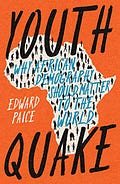

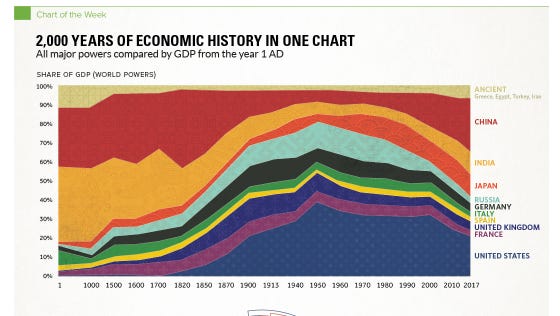
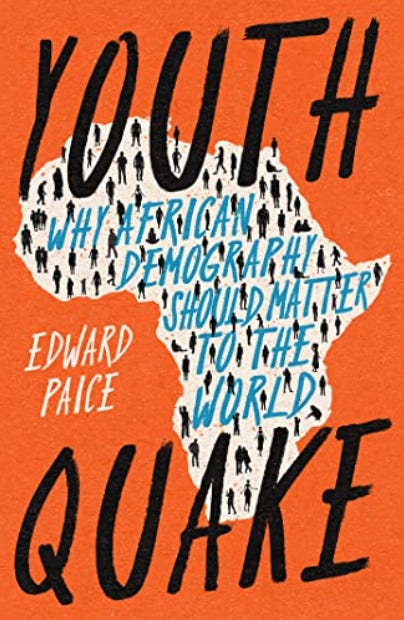
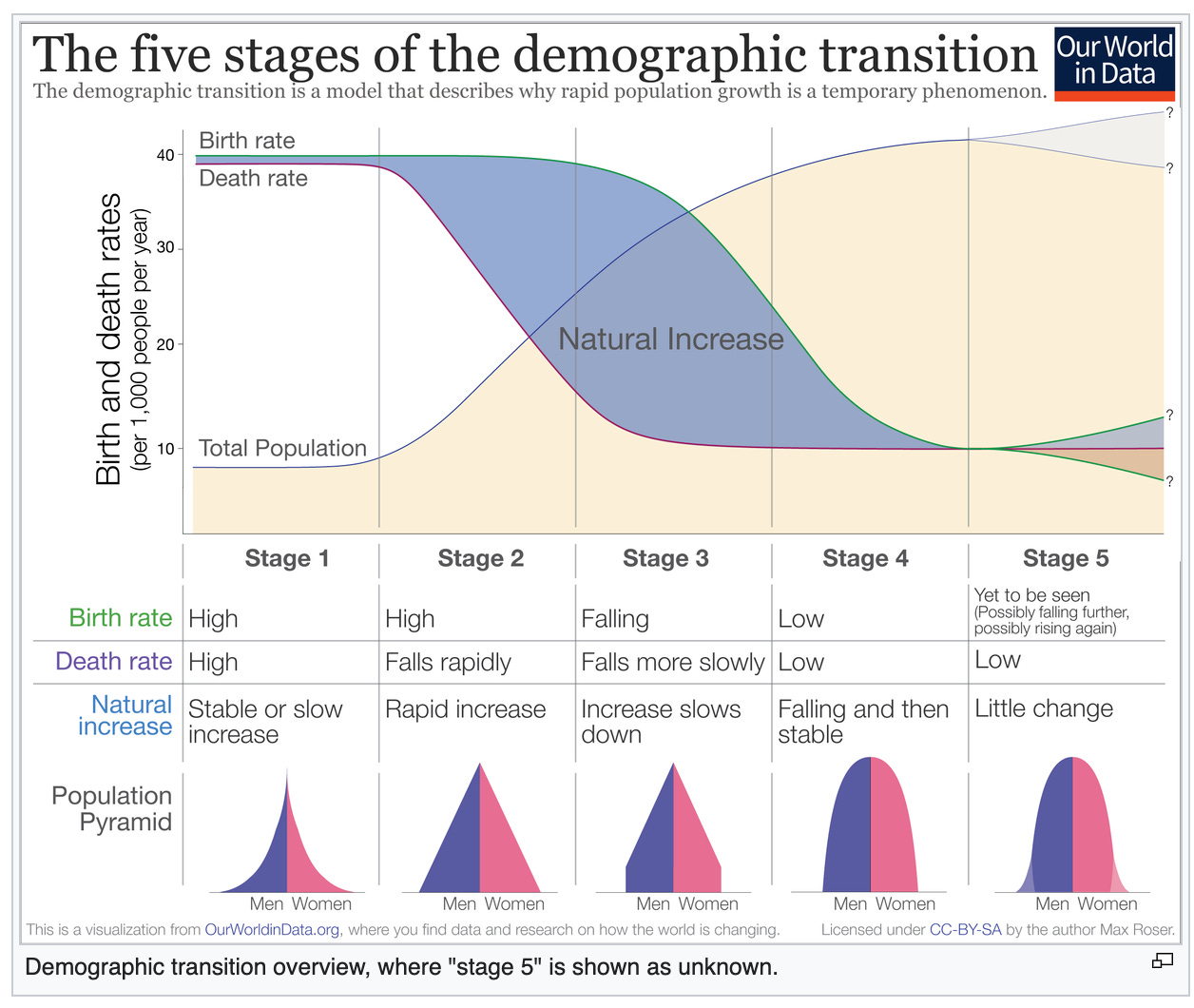
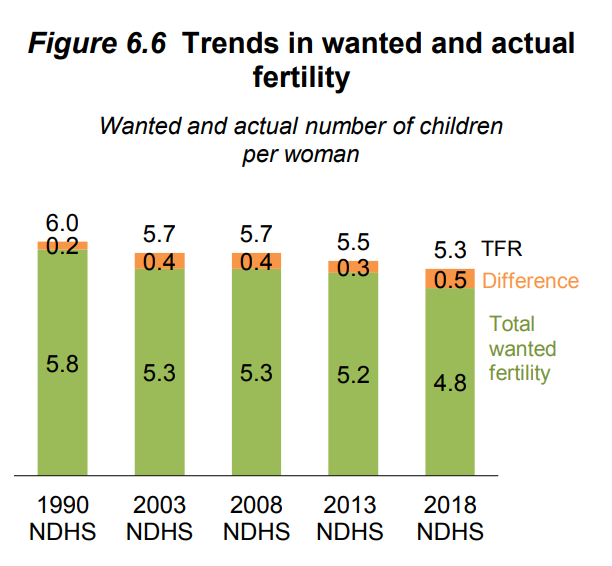
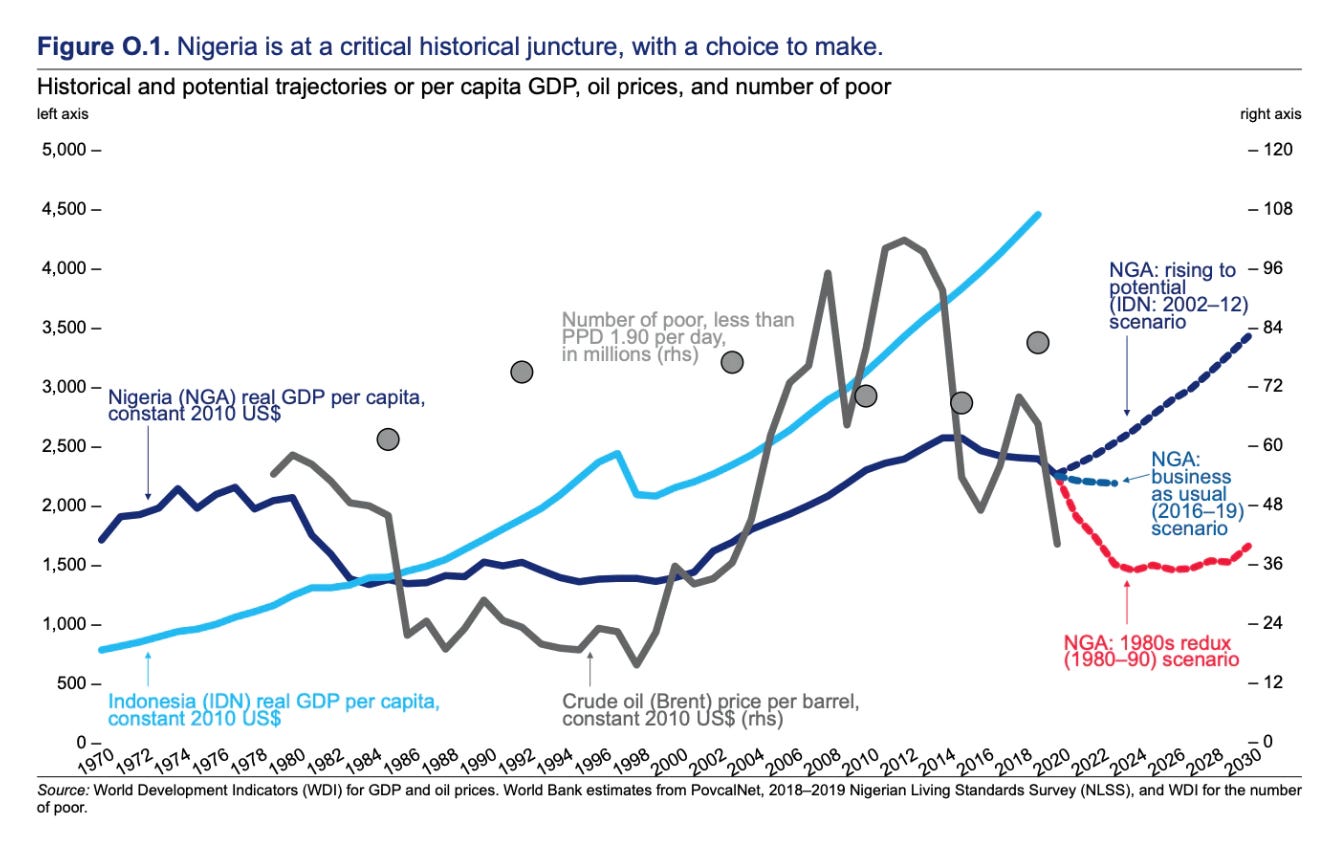
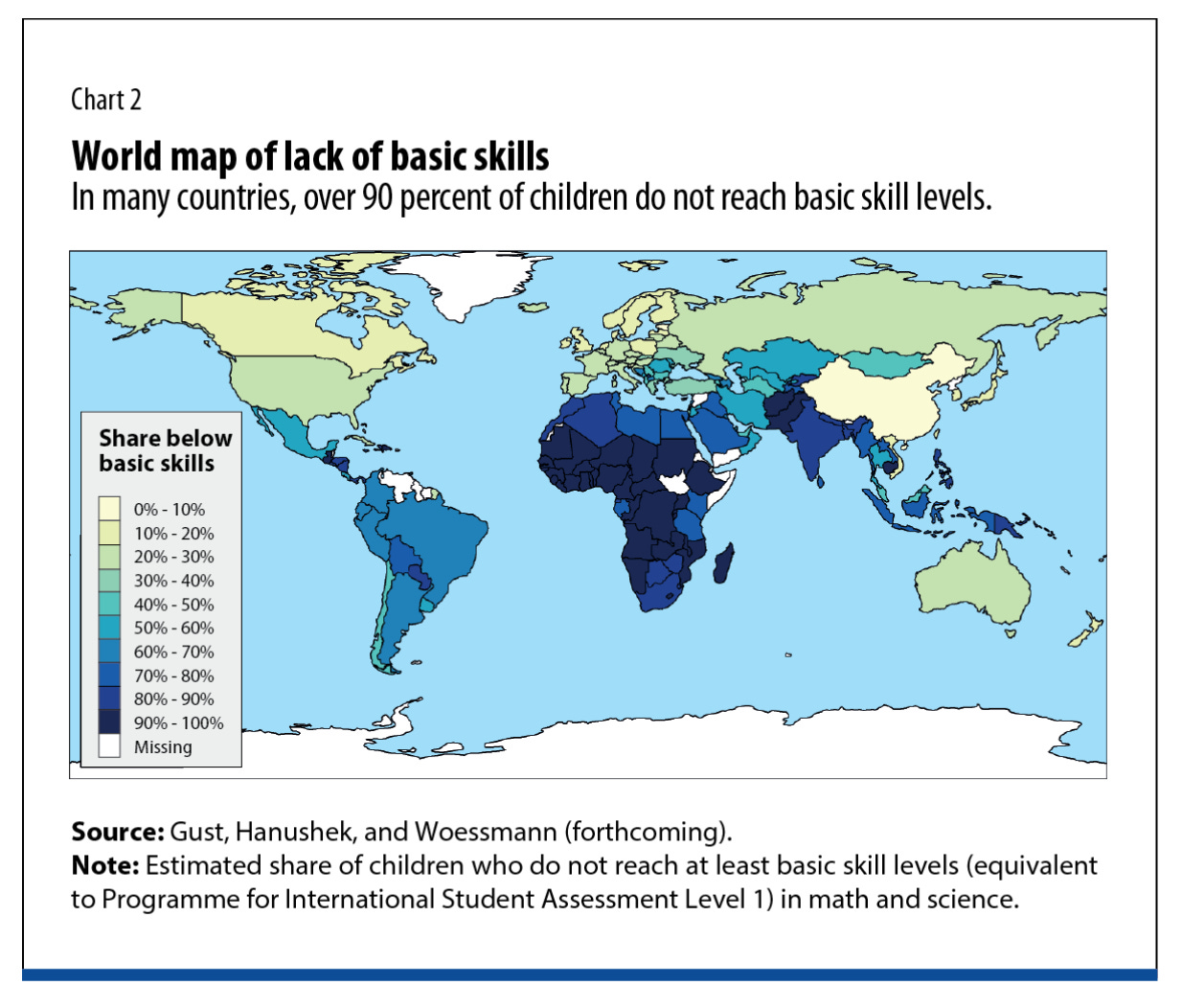
I spent eight years of my life living in several of the countries mentioned, including Nigeria and Ethiopia, and I'd caution commentators and UN demographers, alike, against saying things about "Africa." Africa is the single most ethnically and politically diverse continent in the world. You simply cannot say things about it as a collective. And you cannot really make useful comparisons with other regions, either. Africa is something apart.
As noted in this essay, you cannot even say things about a single country--like Ethiopia--as a monolith: The hundreds of mostly-Addis-based young Ethiopians that I worked with, befriended, and had so many conversations with over my years there had a radically different set of aspirations and assumptions than even their (still young) parents did. Now I have since seen most of them get married (at a much later age) and have children (but not more than a couple). This is an anecdotal, self-sorting group of urban, educated people, but they evince the behavior you'd expect from the standard demographic transition model.
But, venturing into the hinterlands of Ethiopia (still an overwhelmingly rural society), I found that you entered a truly confounding realm of people whose basic beliefs weren't just the opposite of yours, but based in a whole different set of axioms that fit entirely outside of Western dichotomies. I'm not sure that demographers properly account for this "X factor" in modelling sociological behavior. Most people in the most populous African countries are more like this latter group than the former. Even in "megacities" like Lagos, you find that the majority of people are transplanted, but essentially unchanged.
Urbanization in African countries is accelerating, but there's something quite unique about it that isn't present in Asia, Latin America, or even North Africa: rural-to-urban migrants aren't getting richer. The boosterism about the "vast emerging middle class of African Lions" is overstated. Urban Nigerians, Congolese, and Tanzanians aren't being incorporated into light industry like the workers riding the wave of development in the "Asian Tigers" and China. They aren't connected to globalization or even, really, to regionalization. They continue to exist in an economic and cultural archipelago. They are, in essence, recreating village life in vast, chaotic conurbations. They may make ends meet as precarious, low-level service workers instead of as subsistence farmers, but they aren't changed by a shift toward middle-income wealth, formalized wage-employment, education, access to social services, or even really connection to wider horizons of information and culture. And, they are continuing to make family planning decisions based on totally different criteria than you'd expect.
Another "X factor" that demographers are totally ignoring is Climate Change. If the likeliest scenarios for Climate Change this century are correct, we're facing a world that will be 3C+ warmer within the lifetime of people living today. That average conceals some divergent local effects, which will (and already has) hit Sub-Saharan Africa in devastating ways. By the time that UN demographers expect Africa to double in population, a large swath of it will become essentially unliveable. How do we reconcile this? We're to expect Nigeria, a Germany-sized country that already suffers from extreme heat, flooding, desiccation, poverty, and inability to feed itself is going to maintain a larger human population than the United States in a few decades? That's frankly just impossible. It's an open question whether Nigeria will even be able to support its current overpopulation, much less double it.